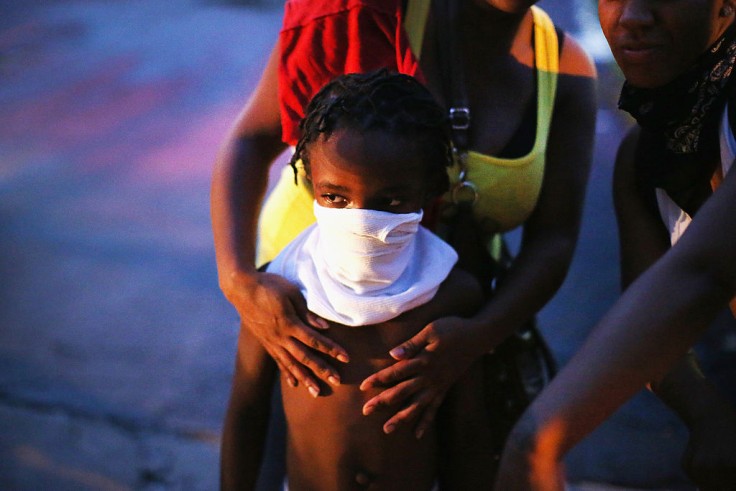
A new study from Georgetown University revealed that kids in Missouri would suffer the most if the Medicaid coverage will be removed when the public health emergency ended.
Once the federal government declares that the COVID-19 crisis is over in the U.S., Medicaid coverage will be affected. The study noted that Missouri is one of six states that have had swelling of Medicaid beneficiaries in the last two years since the federal government has prevented states from making changes to this medical benefit.
However, as eligibility for coverage is based on a person's income, some beneficiaries could no longer receive the benefit when the government updates their personal information. According to the experts, low-income families usually experience job instability that may change their coverage, especially in the last two years.
As a result, losing this medical benefit could expose many families to larger medical bills, especially sick children. Such a scenario happened in 2019 when 90,000 kids were removed from the Medicaid coverage list in Missouri since their parents were no longer eligible or didn't report their new jobs to the state.
Unfortunately, this benefit doesn't provide ongoing coverage for families with fluctuating income, except during the pandemic.
When Will the Public Health Emergency End?
In January 2022, President Joe Biden extended the public health emergency for another 90 days or until April 15, 2022. According to NBC News, this is the eighth extension since early 2020.
Daniel Tsai, the Center for Medicaid director, acknowledged the possibility of Medicaid coverage losses for at least 15 million Americans in 25 high-risk states. He said they have been working with community groups and health care sectors in these states to be "very cognizant of the realities on the ground" to prepare for the transition.
When Biden declared the extension when he assumed office, he gave states one year to re-evaluate the Medicaid coverage. At that time, 76.7 million were enrolled in the benefit.
The Republicans, on the other hand, have asked Biden not to renew the public health emergency anymore but come out with a phase-out plan to prepare the people to go back to their normal lives. Aside from removing Medicaid coverage for some parents, additional SNAP benefits will also no longer apply. Telehealth services will also end as the COVID-19 guidelines are further loosened, and America shifts to an endemic public health situation.
But Biden said on Friday, February 18, that the National Emergency Act has to continue. Essentially, this means that the government will sustain the emergency funds until July 2022.
What to do if Medicaid Coverage is Gone
Once an individual loses the coverage, they will have an opportunity to sign up for the Special Enrollment Period or SEP. This provides beneficiaries a 60-day window to find better options. If the SEP closes, the person can't apply for extended health coverage until the next enrollment opens.
Americans also have the option to apply for ACA coverage to help fill in the gaps until the person could gain eligibility and reply for Medicaid coverage. There are also short-term but restricted health coverage options that can help people who have lost their health insurance.
Related Article : Republican Senators Propose Child Tax Credit for Pregnant Moms Only